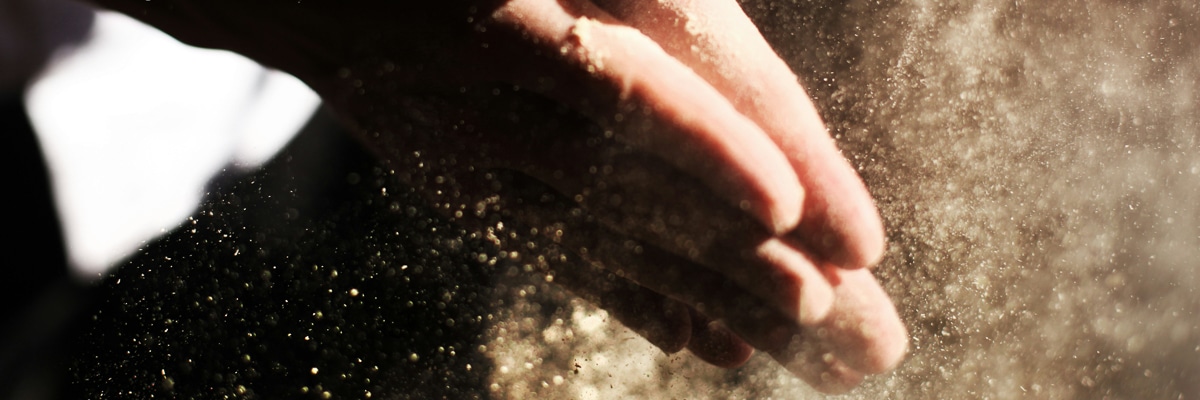
Brian McLaren welcomes us to this year’s Daily Meditations theme: Being Salt and Light:
In 2024 with the theme “Radical Resilience,” we considered how we could bounce back from setbacks and remain strong in difficult times. In 2025, we’d like to go beyond just surviving difficult times. We’d like to focus on being a presence in this world that radiates and flavors the world with divine love, a warm and healing presence to a world that is dealing with so much. “Being Salt and Light” will be our theme for the Daily Meditations in 2025. It’s a contemplative way of seeing the world that leads to an active way of being in the world as a warm and loving presence, radiant with the light of love and truth, salty with justice and compassion, flavorful as salt that preserves and enhances all that is good in the world. [1]
Father Richard Rohr reflects on what it means to live as “salt of the earth”:
In the Sermon on the Mount, Jesus says that those who live the Beatitudes will be “the salt of the earth” (Matthew 5:13). What does he mean by such an image?
First of all, he’s not saying that those who live this way are going to heaven. He is saying that they will be a certain kind of gift for the earth. What a misinterpretation has been handed on, again and again! We think of Jesus’ teaching as a set of prescriptions for getting to heaven (even though we haven’t followed them.) No, the Sermon on the Mount and especially the Beatitudes are a set of descriptions of a free life.
When we can weep, when we can identify with the little ones, when we can make peace, when we can be persecuted and still be joyful—then we are doing it right. He’s saying this is what holiness will look like. When we act this way, “the reign of God is among you” (Luke 17:21).
“If salt becomes tasteless, how can we salt the world with it?” asks Jesus. That message seems especially true today. If we no longer believe the gospel, if we no longer believe in nonviolence and powerlessness, then who’s going to convert us? We’re supposed to be the leaven of the world, yet if we no longer believe in the gospel, what hope do we have of offering anything new to anyone else?
By calling his disciples “salt of the earth,” Jesus isn’t saying they’re the saved ones. He never tries to create a “members-only” club. Jesus consistently says that God loves those on the outside just as much as God loves the supposed insiders; that there’s just as much mercy out there as in here among Jesus’ closest followers. In fact, there are no insiders or outsiders! Jesus calls us to creative self-criticism and gives us the capacity for self-regeneration. As long as some people hold on to the upside-down wisdom of the gospel, it will be enough to flavor the whole meal of life.
References:
[1] Brian McLaren, 2025 Daily Meditations Theme: Being Salt and Light, Center for Action and Contemplation, video, 6:37.
[2] Adapted from Richard Rohr, Jesus’ Alternative Plan: The Sermon on the Mount, 2nd ed. (Cincinnati, OH: Franciscan Media, 1996, 2022), 152–153.
Image credit and inspiration: Austin Ban, Untitled (detail), 2015, photo, Unsplash. Click here to enlarge image. Just like these hands move the dust of the world around them, we too, can influence the world—hopefully for good by being salt and light.
Story from Our Community:
The God we seek is both spirit and wisdom. We cannot truly know this mysterious being, but we can continue to search. And maybe that’s all we really need to do. God is warmth, energy, radiance, love, and serenity. This Christmas season, I rejoice that this ineffable being was incarnate here on earth. As an imperfect human being, I embrace this journey towards knowing, loving, and serving in the spirit of this unknowable God.
—Pat K.




